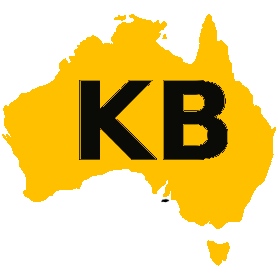The Fair Work Act 2009 is an Australian Federal Act that came into law on 7 April 2009.
The object of the Act is to provide a balanced framework for cooperative and productive workplace relations that promotes national economic prosperity and social inclusion for all Australians by:
(a) providing workplace relations laws that are fair to working Australians, are flexible for businesses, promote productivity and economic growth for Australia's future economic prosperity and take into account Australia's international labour obligations; and
(b) ensuring a guaranteed safety net of fair, relevant and enforceable minimum terms and conditions through the National Employment Standards, modern awards and national minimum wage orders; and
(c) ensuring that the guaranteed safety net of fair, relevant and enforceable minimum wages and conditions can no longer be undermined by the making of statutory individual employment agreements of any kind given that such agreements can never be part of a fair workplace relations system; and
(d) assisting employees to balance their work and family responsibilities by providing for flexible working arrangements; and
(e) enabling fairness and representation at work and the prevention of discrimination by recognising the right to freedom of association and the right to be represented, protecting against unfair treatment and discrimination, providing accessible and effective procedures to resolve grievances and disputes and providing effective compliance mechanisms; and
(f) achieving productivity and fairness through an emphasis on enterprise‑level collective bargaining underpinned by simple good faith bargaining obligations and clear rules governing industrial action.
Related Pages
Contributors
The following site members have contributed to this page:
